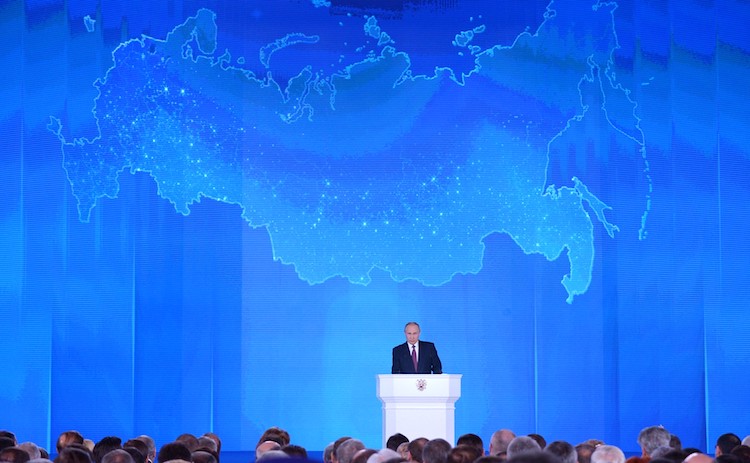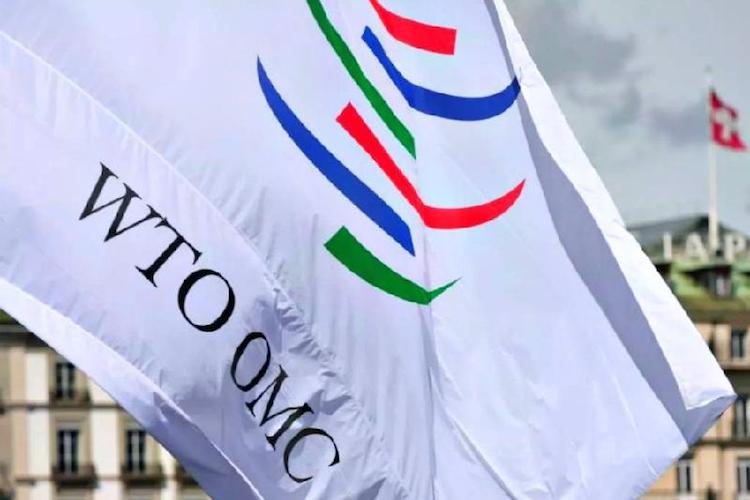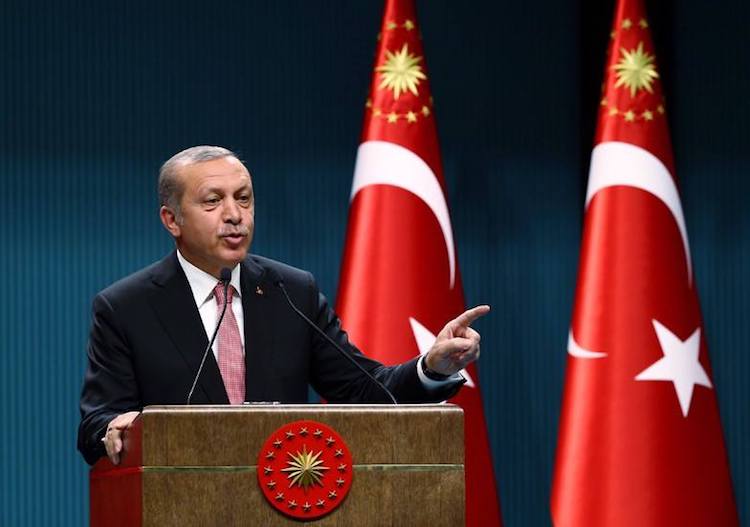Viewpoint by Pier Francesco Zarcone* ROME (IDN) – Has Turkey changed under Erdoğan? The question may seem absurd due to the habit of considering Turkey a secular and Westernised country before Recep Erdoğan came to power. However, this consolidated image turns out to be false. There has been a change, but not in substance: what […]
US Foreign Policy and Trump’s Contradictions – Part 5
Viewpoint by Michele Nobile* This is the fifth of a five-part article looking at US foreign policy in historical context and its global implications under President Donald Trump. BERGAMO, Italy (IDN) – If Trump wanted to be unpredictable, he certainly succeeded. It is the reason for the uncertainty, confusion and variety of assessments about the […]
US Foreign Policy and Trump’s Contradictions – Part 4
Viewpoint by Michele Nobile* This is the fourth of a five-part article looking at US foreign policy in historical context and its global implications under President Donald Trump. BERGAMO, Italy (IDN) – All US administrations between the twentieth and twenty-first centuries have experienced considerable fluctuations, both in the face of development of their actions and […]
Structural Reform Needed to Ensure Brazil’s Inclusive Growth
By Sean Buchanan LONDON (IDN) – Brazil is emerging from its long recession and is headed for solid growth in 2018 and 2019 as recent structural reforms start to bear fruit, but the country still has some way to go. The mixed outlook comes in the latest OECD Economic Survey of Brazil which notes that […]
US Foreign Policy and Trump’s Contradictions – Part 3
Viewpoint by Michele Nobile* This is the third of a five-part article looking at US foreign policy in historical context and its global implications under President Donald Trump. BERGAMO, Italy (IDN) – The development of capitalism is global but structurally unequal: its contradictions are also expressed through the hierarchy of the system of States. And, […]
The Importance of Putin and Russia’s Presidential Election
By Somar Wijayadasa Somar Wijayadasa, a former UNESCO delegate to the UN General Assembly and Representative of UNAIDS at the United Nations, has been a frequent visitor to Russia since 1962 when the then Soviet Union “was a proud nation with a thriving economy, marvels of industrialization, advances in science, technology and medicine, escapades into […]
Kazakhstan to Chair WTO Negotiations on Trade in Services
ASTANA (IDN | KazInform) – The General Council of the World Trade Organization (WTO) has on March 7 approved the candidacy of the Republic of Kazakhstan for the chairmanship of the Special Session of the WTO Council for Trade in Service, reports Kazinform International News Agency citing a press release of the the Kazakh Ministry […]
US Foreign Policy and Trump’s Contradictions – Part 1
Viewpoint by Michele Nobile* This is the first of a five-part article looking at US foreign policy in historical context and its global implications under President Donald Trump. BERGAMO, Italy (IDN) – During a speech on foreign policy in April 2016, US President Donald Trump thundered: “We are totally predictable. We tell everything. We’re sending […]
More Civil Engagement Called for in Eastern, South-East Europe
By Sean Buchanan This is the second in a series of reports highlighting salient aspects of Transparency International‘s latest analysis on challenges posed by corruption around the world as well as successes and failures of efforts targeting a scourge that eats into the vitals of human rights. – The Editor. LONDON (IDN) – When it […]
Erdoğan’s Neo-Ottomanism at a Dangerous Turning Point
By Pier Francesco Zarcone* ROME (IDN) – It is not being dealt with by major media, but there appear to be new and dangerous winds of war about to blow in the eastern Mediterranean. On October 15, 2016, in a speech at the university that (modestly) bears his name, Turkish President Recep Erdoğan outlined some […]










